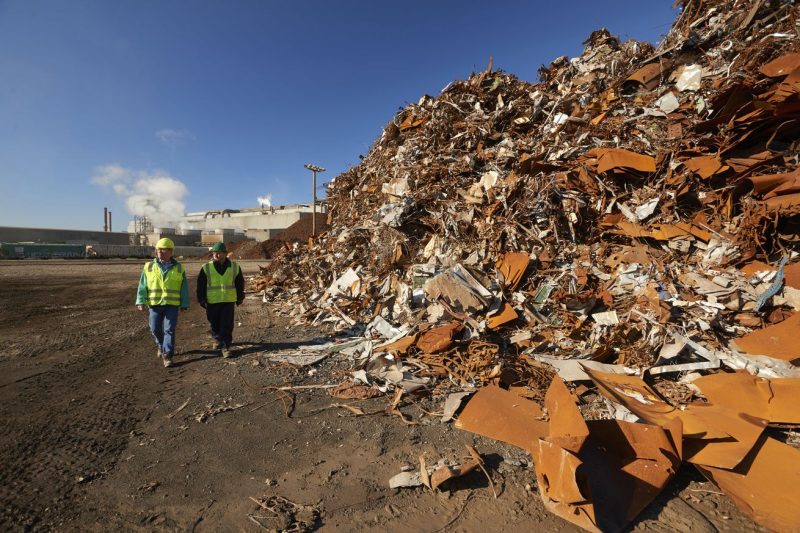The utilization of sustainable construction materials has become an increasingly significant focus in the quest for environmental protection and resource conservation. The Biden administration has recently revealed its intention to further explore and promote the adoption of sustainable materials in construction projects across the United States.
The primary reason driving this initiative is the undeniable impact that traditional construction materials have on the environment. According to environmental experts, the construction industry is responsible for a substantial amount of greenhouse gas emissions worldwide, primarily due to the extraction, production, and transportation of materials like steel, concrete, and asphalt. These emissions significantly contribute to global warming and climate change, making sustainable alternatives crucial for reducing the industry’s carbon footprint.
In light of this pressing need, the Biden administration is actively seeking ways to incentivize the use of sustainable construction materials in federally funded projects. By doing so, the administration aims to set a precedent for sustainability in the construction sector, encouraging private companies and local governments to follow suit.
One of the key areas under consideration is the incorporation of recycled and renewable materials in construction. Recycled steel, for example, has gained popularity as a sustainable alternative to traditional steel, significantly reducing energy consumption and carbon emissions during production. Similarly, utilizing recycled concrete in construction not only diverts waste from landfills but also reduces the need for virgin aggregates, preserving natural resources.
Another aspect being emphasized by the Biden administration is the promotion of innovative materials like bamboo, hempcrete, and cross-laminated timber (CLT). These materials offer comparable or even superior performance to traditional construction materials while being more sustainable and environmentally friendly. Bamboo, for instance, is a rapidly renewable resource that can be harvested in a sustainable manner, making it an ideal choice for eco-conscious builders.
Furthermore, the administration is exploring ways to improve the transparency and traceability of construction materials throughout the supply chain. By requiring manufacturers to disclose the environmental impact of their products, consumers and builders can make informed decisions that prioritize sustainability. Implementing standards and certifications for sustainable materials can also help ensure their quality and performance, further driving their adoption in construction projects.
In conclusion, the Biden administration’s push for more sustainable construction materials signifies a crucial step towards addressing the environmental challenges posed by the construction industry. By incentivizing the use of recycled, renewable, and innovative materials, the administration aims to promote a greener and more sustainable approach to construction that benefits both the environment and society as a whole. As efforts to advance sustainability in construction continue to gain momentum, it is essential for stakeholders across the industry to collaborate and embrace these changes for a more sustainable future.

